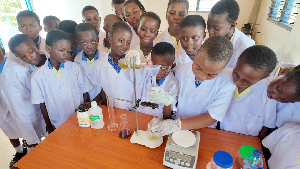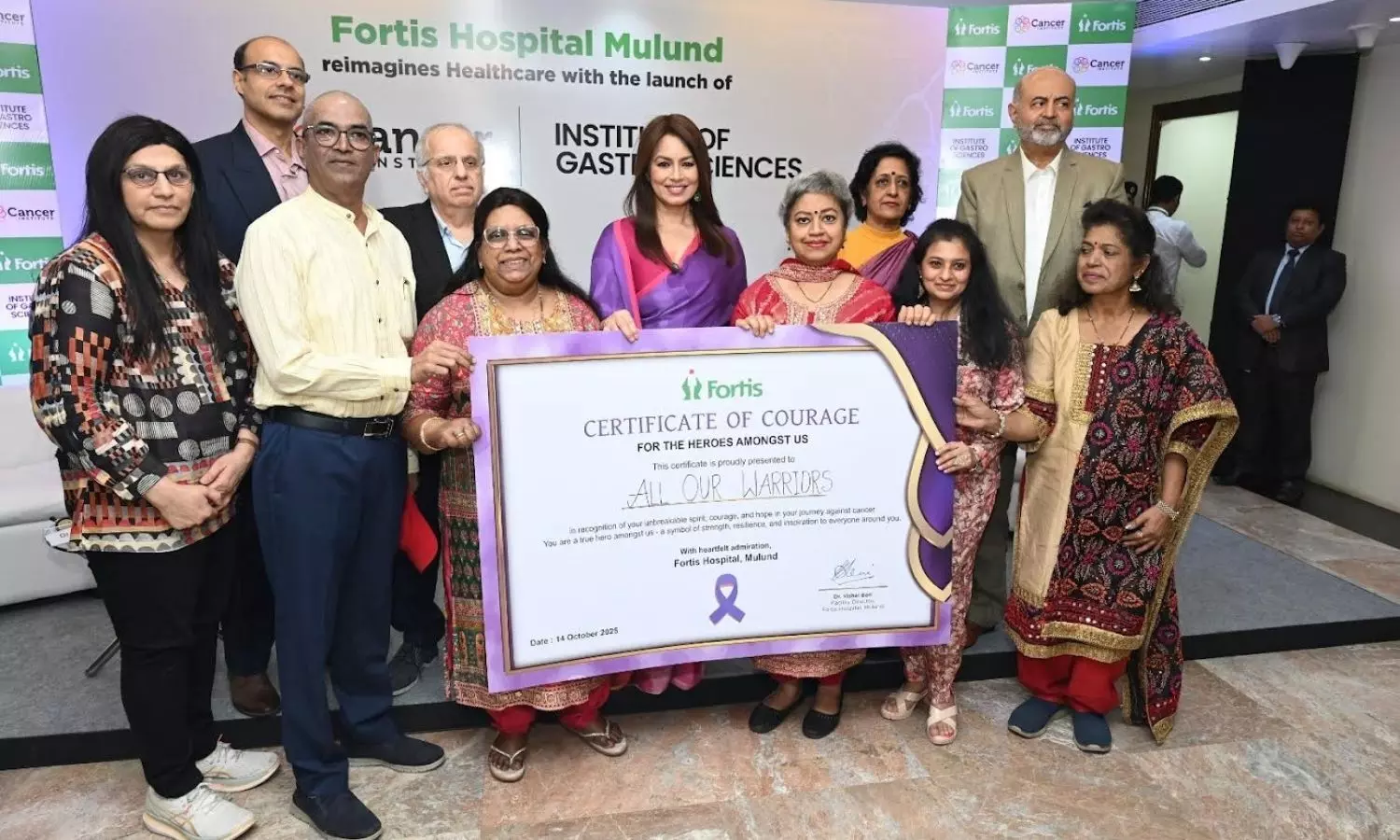Copyright ghanamma

Young pupils at Divine Mission Academy School are turning heads with groundbreaking science experiments that merge creativity, sustainability, and local resources. Through innovative projects using hibiscus leaves, scent leaf (nunum), and wastewater, the students are showing that scientific discovery can begin at any level, even in the basic classroom. The initiative, guided by the school’s supervising teachers, was designed to give pupils hands-on experience in applying science to solve real-world challenges. Combining chemistry, biology, and environmental studies, the projects inspired students to explore how everyday materials can be used to improve lives and promote environmental responsibility. In their first experiment, the pupils worked with hibiscus leaves, widely known for producing Ghana’s beloved sobolo drink. By extracting the plant’s natural pigments, they demonstrated its ability to function as a natural acid-base indicator, changing colour when exposed to acidic or basic solutions. The experiment offered a practical and visual understanding of chemistry, using a familiar local resource. Next, the students explored the potential of “nunum”, Ghana’s well-known aromatic scent leaf (Ocimum gratissimum). Under the guidance of their teachers, they processed the herb into a natural hand sanitiser, harnessing its essential oils and antimicrobial properties. This project showcased how traditional herbal knowledge can be adapted for modern hygiene needs, especially in promoting community health through science. Perhaps the most striking of their achievements was the generation of electricity from wastewater. Using a simple microbial fuel cell setup, the students demonstrated how organic matter in wastewater can produce small amounts of electric current. The experiment successfully lit up an LED, teaching pupils about renewable energy, resource recovery, and the importance of protecting the environment. The supervising teachers overseeing the projects explained that their goal was to inspire innovation through practical learning. “We want our pupils to understand that science is not limited to laboratories. With creativity and curiosity, even local materials can lead to meaningful discoveries,” one of the teachers shared. These projects have demonstrated creativity, teamwork, and sustainability. The school continues to nurture curiosity and hands-on learning, encouraging pupils to see science as a pathway to solving everyday problems. From sobolo leaves to nunum herbs and wastewater, the young innovators at Divine Mission Academy at Ejisu-Donaso in the Ashanti Region are redefining classroom science, proving that great ideas can grow from simple beginnings.



